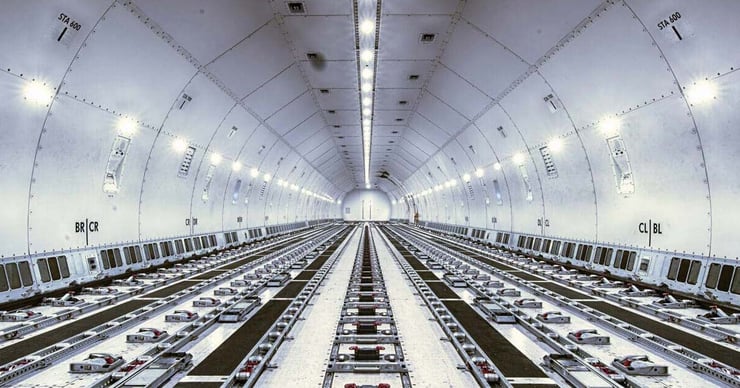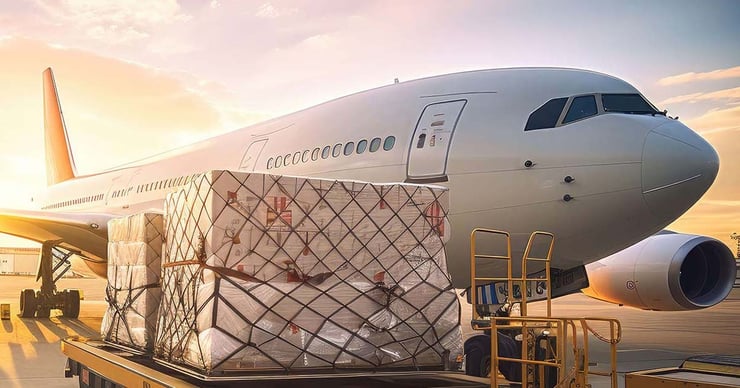
Record-Setting Air Cargo Demand: How Shippers Are Handling Capacity Pressure
February 4, 2026 | Dan Boaz
E-commerce growth, lean inventory strategies, and shifting manufacturing locations are pushing air cargo demand beyond available capacity in key...
Read More
5 Reasons AirFreight.com Needs to Be Your Go-To Shipping Partner
January 13, 2022 | Dan Boaz
Shipping emergencies don’t happen every day, but when they do happen, you don’t want to be scrambling to find a solution when productivity or...
Read More
How Companies Are Saving Valuable Time by Using Air Cargo Services
January 6, 2022 | Dan Boaz
Efficient airfreight services are vital when your company’s products must be delivered over long distances within a short period of time. Airfreight...
Read More
Missing Shipment: AirFreight Makes Overnight Delivery to Meet Deadline
November 29, 2021 | Dan Boaz
AirFreight Overview AirFreight.com is a shipping and logistics business that specializes in airborne deliveries, express trucking, and expedited...
Read More
5 Situations When Air Freight Delivery Is Needed
November 10, 2021 | Dan Boaz
If you scan the news these days, stories about supply chain issues and product shortages are hard to miss. These issues are causing many U.S....
Read More


